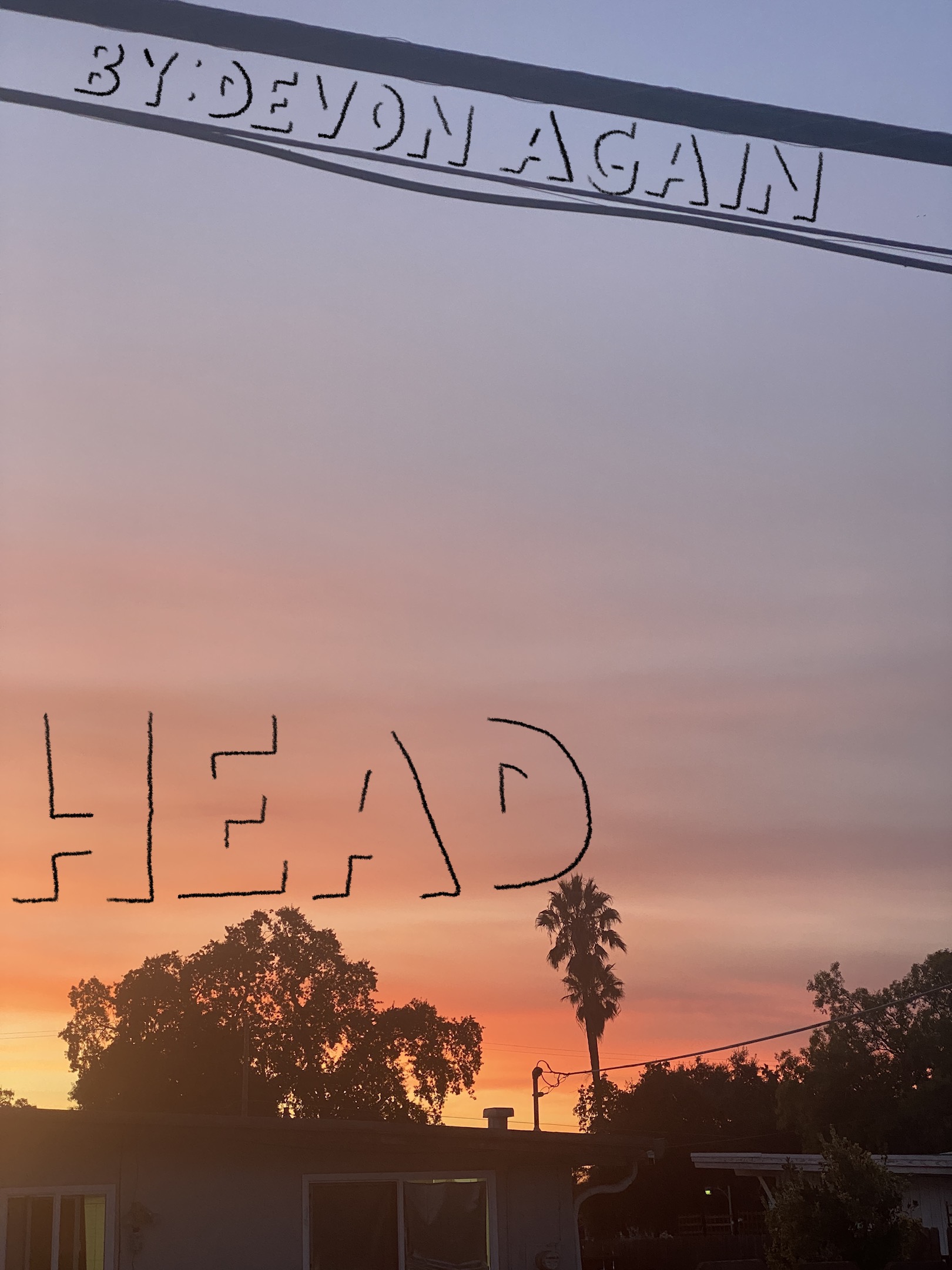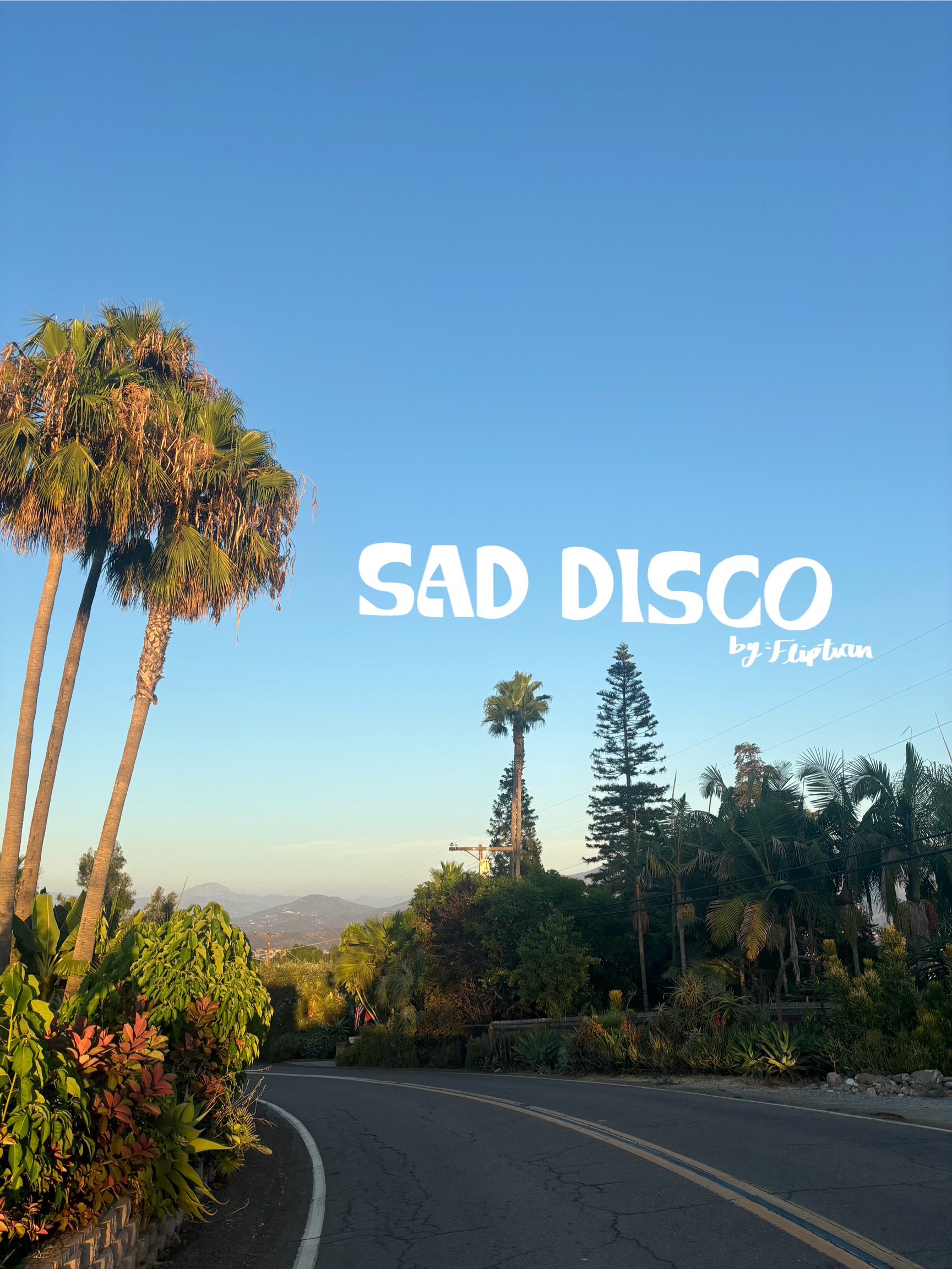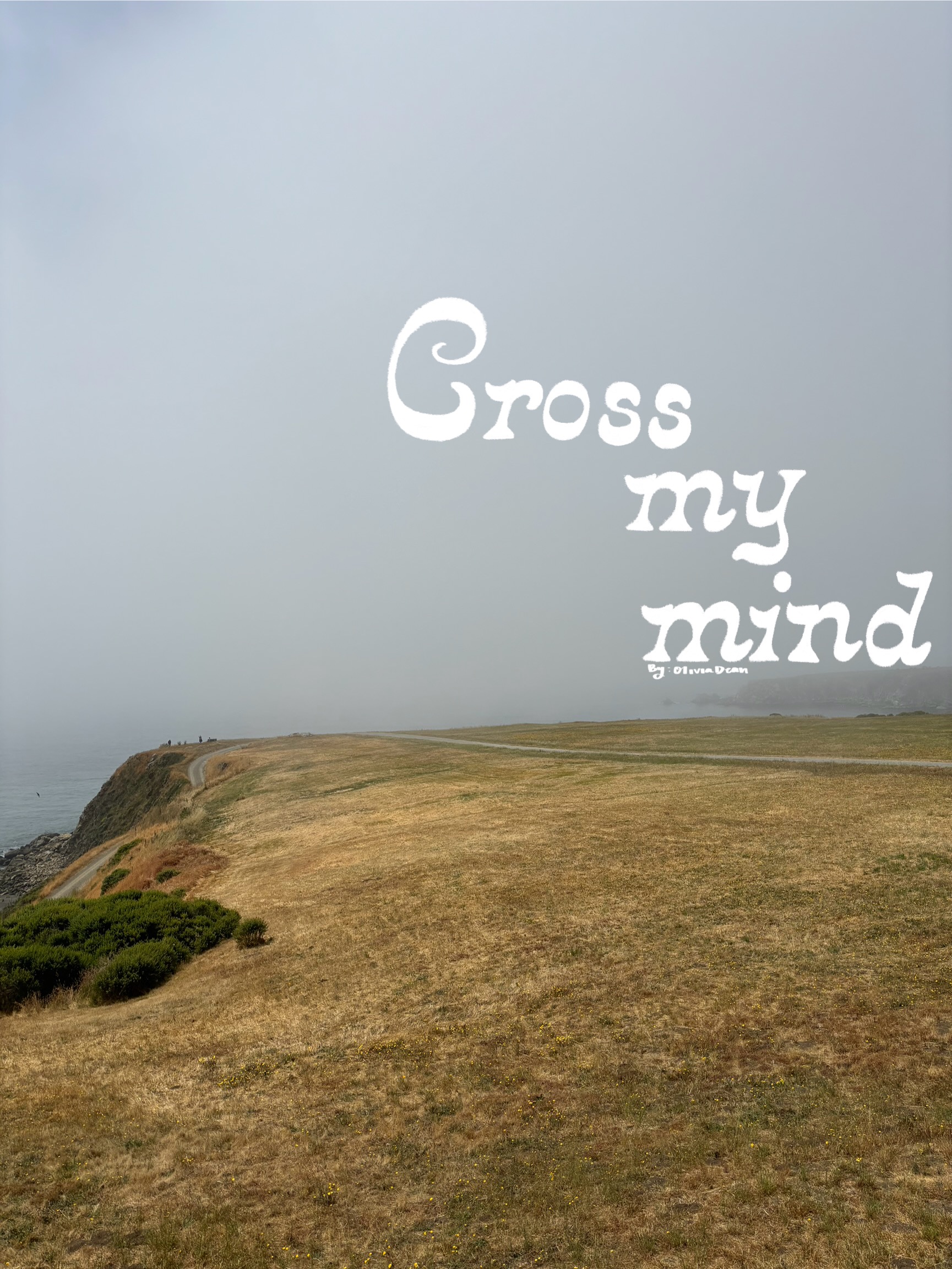Song of the Week:
Head by: Devon Again
Get in my Head
Today’s topic is the precipice for my interest in philosophy and the reason why I love thinking about thinking. I love philosophy so much that I have two sections dedicated to philosophy in this blog: one about actual themes and theses, while the other is about thought experiments. To my regulars, it’s lovely to have you here, and to my newcomers, you shouldn’t have started with this one.
Thought experiments as the name suggests are made up of situations in your mind that aren’t real and whose purpose is to stimulate thinking. Since none of it is real, there are no right or wrong answers – they merely prompt diverse responses. However, depending on our answers, they could let outsiders peer into your soul to see your innermost thoughts and feelings. I caution my new readers with this one because you haven’t gotten to know me. You will most definitely be thinking, “What the hell is going on here? People really want to read this?”. And to answer both questions, my brain works in mysterious ways, or you can read “Think too much or Are you Ready for Mind vs. Body” for more answers. To my regulars, you are well acquainted with my crazy, so it is no surprise that I am going to be talking about my favorite and well-known thought experiment: the Trolley Problem.
Enter the Realm
The Trolley Problem holds a special place because it exposes not only your moral compass but also tests your ethical thinking skills when making difficult choices. To explain a basic version, imagine you are a train conductor driving an empty train back to the station. In about a couple yards, the lane splits. Both routes lead to the destination in equal time, but if you opt to switch lanes, you must pull a red lever. On the current track, there are five kids tied down and continuing would result in their tragic fate. So, you look left, and you see a single child also tied down on the tracks and choosing left means sacrificing their life. Which path do you take?
Based on your choice it reflects your valuation of the five lives more than the one or vice versa; the decision-making process becomes a complex interplay of ethical considerations. Since there are more lives going straight you would just sacrifice the one instead. Or you could argue that staying on the current trajectory would suffice because going left would be intentional harm. Both options are valid in their own way, but what really matters is the reasoning behind your choice. Ask yourself, why would saving five over one be worth it? Or why would staying on your path be a reasonable choice to make? This marks the beginning of the stages of a philosophical investigation. You come across a difficult situation, so you form an opinion or conviction then reflect on reasons to confront the complexity, and you sort out the confusion.[1] Most people do all of this without realizing it because our brains work that fast, cross checking each scenario to come to a conclusion. When this happens, we weigh in factors that we deem valuable, for example the preservation of lives or moral principles, or even what is justifiable. What we deem the most important can be categorized from an ethical framework which sets the stage for deeper exploration. The dilemma of choosing five lives over one transcends one moral philosophical theory called utilitarianism which values the collective well-being of the majority. If this rings a bell, you’ve either survived a philosophy class or suffer from overthinking! For me it’s both!
We can get really interesting and replace the one child with someone you deeply care about, like a parent or sibling. Although you could make a quick decision before, now that there is an emotional tie to the person, many, if not all, tend to struggle answering this. While I might have hesitated less with the hypothetical child, the emotional tether to a person I care about introduces a layer of complexity. My choices shift to save my loved one, and although my moral compass in the beginning focused on the preservation of life, because of the emotional attachments, my moral principles are recalibrated. Recognizing the impact of my emotions on decision-making reveals a dance between altruism and self-preservation.
Or instead of being the train conductor, it is you and a big man standing atop of a bridge over just before the two tracks. The train is coming full speed and the only way to stop said train is to push this man over the bridge. Do you push him over to stop the train? Does your answer change depending on who is on the tracks, or does it stay the same? The moral dilemma intensifies as physical contact enters the equation. Some may argue the action is justifiable due to the imperative of saving others’ lives emphasizing the cause. Conversely, others may focus on the effect, contending that causing harm, even for a noble cause, is unacceptable. I don’t know which I could live with both sound equal terrible so, I always get stumped.
Wish to Leave?
To those of you who are like, “What the hell is going on?” welcome to my brain. My anxious brain loves, loves, loves to think about the most random situations that have zero to do with life. Moral issues especially because they require logic and emotions meaning they are more complex and have different points of views. To ponder not only the immediate decision but the boarder implications can lead to ethical perspectives and their influence on our thought processes. They live rent free in my head and I seek others’ opinions and point of views.
Hence, the song of the week! I have been obsessed with high techno beats lately and I swear this is the last one…I think. If you listen to this song with headphones, it sounds 10x better because the panning brings me to life. I really dedicate this song to people who know me IRL because, there is no point in trying to get in my head; there is nothing and everything all at once. And if you understand or get this, we can be friends so stay tuned next week, for another uphill battle of college nuances.
[1] All this was taught to me, by a wonderful professor at Sacramento State University, Dorcas Chung. Dorcas K. Chung – About Me (google.com) So yes, she started my love when I took her class of Philosophy 101 and people complained about the workload but honestly, I was having so much fun I did even see it at homework. It was this moment I realized the missing piece from my life, this whole time I thought I was the weird Aquarius that questioned everything. But no, people were doing it way before I was even a thought to my parents. She is my source for this.
Thank you for joining me on this journey at The Unfinished Times! Don’t forget to follow me for more insightful content, give a shout-out to spread the word, and consider signing up for our Co-Collective to be part of our vibrant community. And if you missed any posts from previous weeks, take a moment to catch up! Let’s continue exploring, sharing, and growing together! See you in the next post~XOXO
7





Tell me your Thoughts